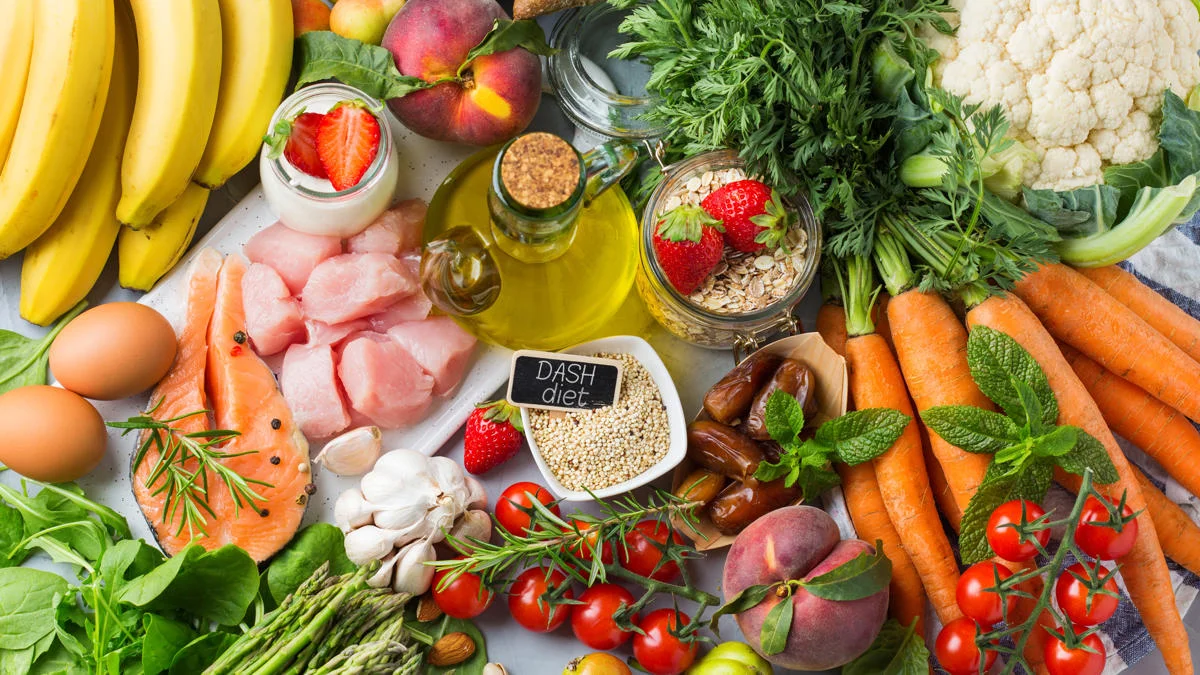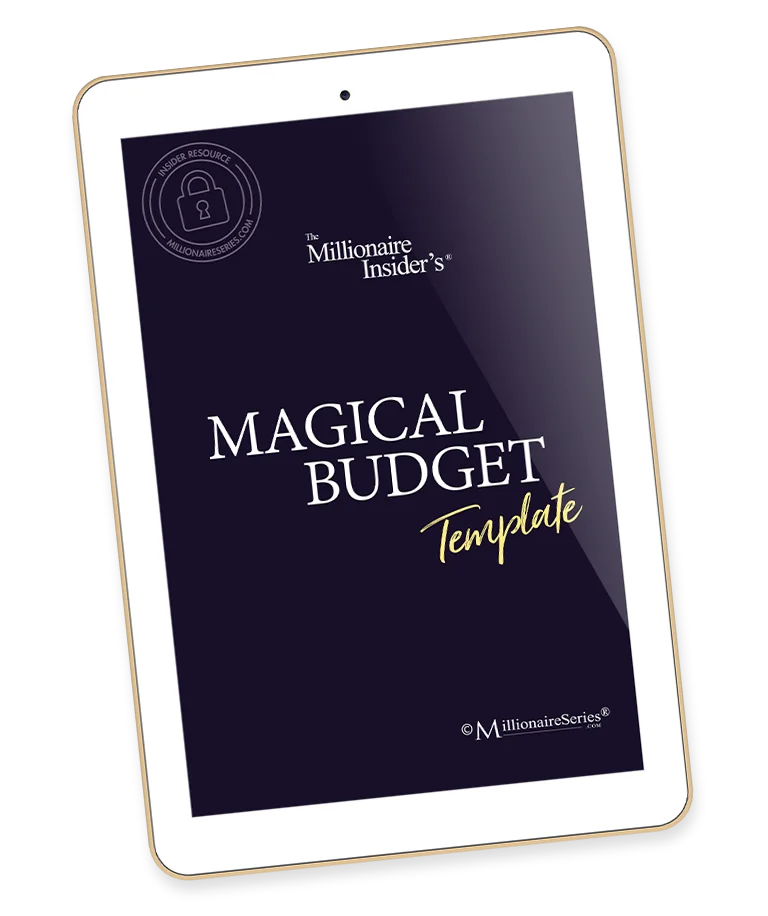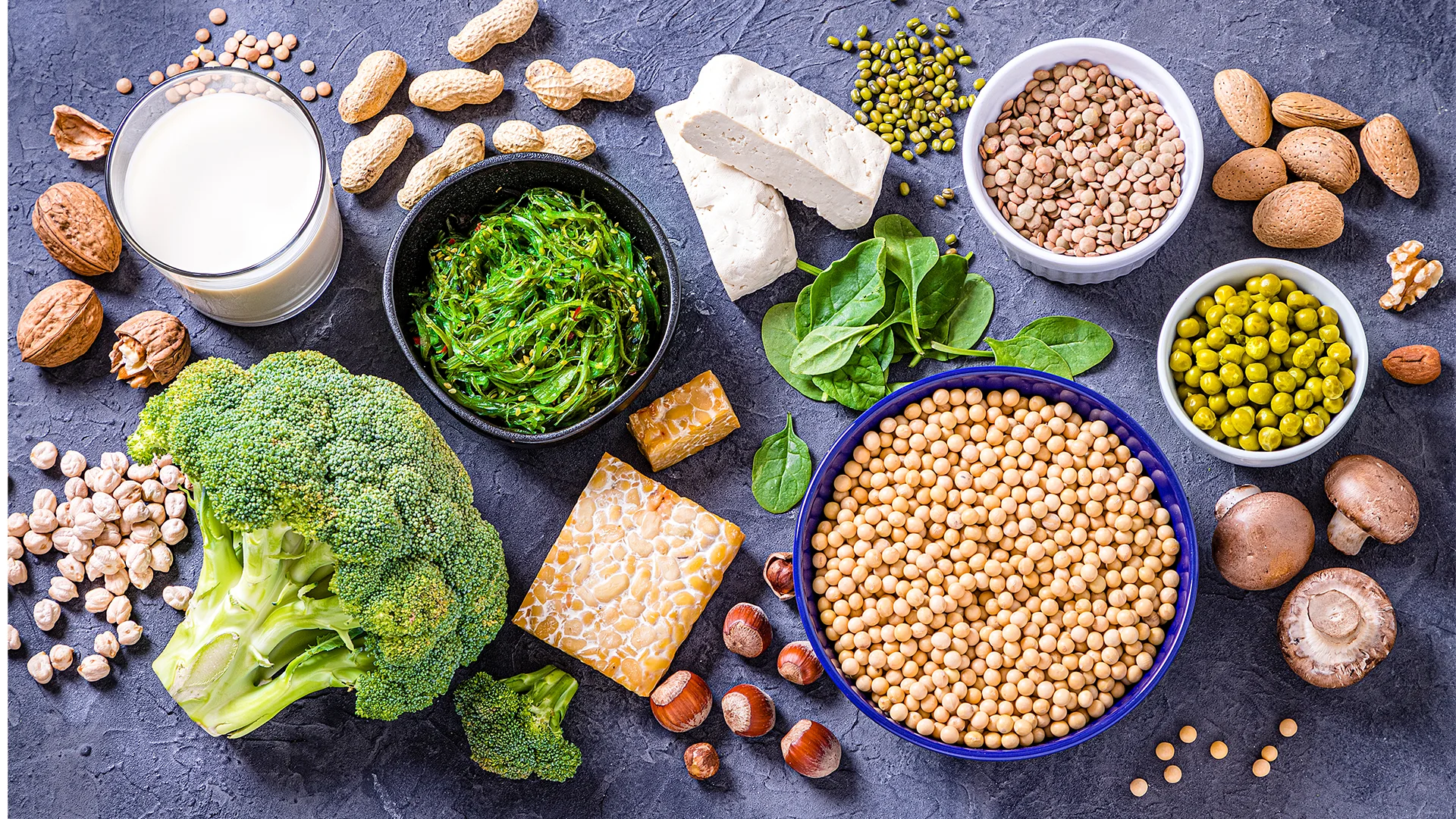If you’re in your 50s or early 60s, you’re likely thinking about how to make your next phase of life your best one yet. For most pre-retirees, that means more than just financial planning—having the health, strength, and energy to enjoy life fully.
While sleep, exercise, and stress management all contribute to how you feel, one of the most direct ways to improve your energy—physically and mentally—is by choosing the right foods.
Let’s look at the best foods for energy to help you stay active, alert, and energic.
What Happens to Energy as You Age?
As you age, your body becomes less efficient at converting food into energy. Hormones change. Muscle mass declines. Blood sugar and energy levels often become harder to regulate. 
You’re not alone if you’ve noticed more midday crashes or a drop in motivation.
But this doesn’t need to be your new normal. Adjusting your diet, sleep, and exercise can restore stable, consistent energy throughout your day.
In addition to focusing on foods today, getting 7-8 ½ hours of sleep and adequate exercise is also critical to optimal health and energy.
Key Nutrition Categories for Sustained Energy
Before we list specific foods, it’s important to understand what actually supports energy production and a balanced diet. The three main macronutrient groups are carbohydrates, protein, and fat.
- Lean protein builds muscle and prevents blood sugar crashes. Proteins like chicken and beef contain all the essential amino acids needed to build muscle.
- Healthy fats support hormone balance and brain function. Fat-rich foods can include avocados, eggs, or nuts. Small amounts of these can be very beneficial to your overall health.
- Vitamins and minerals like vitamin D, calcium, and potassium are essential for bone strength, muscle function, and maintaining healthy blood pressure.
- Water keeps your body functioning efficiently and prevents fatigue.
- Complex carbohydrates provide slow, steady fuel. If you have blood sugar spikes, your doctor will likely recommend you reduce or eliminate complex carbohydrates.
Here is a sampling of the foods that deliver these essentials and how to add them to your diet.
1. Oats and Whole Grains
Oats, quinoa, farro, and brown rice are rich in fiber and complex carbohydrates. They can help regulate blood sugar and are a great energy source without a spike and crash.
Tip: Start your morning with steel-cut oats topped with berries and flaxseed, or build lunch around a grain bowl with vegetables and lean protein.
2. Leafy Greens
 Spinach, kale, and Swiss chard are packed with iron, folate, and magnesium—nutrients that support oxygen flow and energy metabolism. Many adults over 50 are low in these minerals without realizing it.
Spinach, kale, and Swiss chard are packed with iron, folate, and magnesium—nutrients that support oxygen flow and energy metabolism. Many adults over 50 are low in these minerals without realizing it.
Ideas for use: Add greens to smoothies, salads, omelets, or stir-fries several times weekly.
3. Eggs
Eggs are a nutrient-dense source of high-quality protein and B vitamins, including B12, which help convert food into usable energy and support nerve function.
Easy idea: Have two eggs with sautéed vegetables or avocado for breakfast or lunch.
4. Fatty Fish
Wild salmon, sardines, and mackerel provide omega-3 fatty acids, which reduce inflammation and support brain health. They’re also rich in protein and B12, making them an energy-supporting choice for older adults.
Meal tip: Enjoy grilled salmon with roasted vegetables and sweet potatoes for dinner. 
5. Greek Yogurt
Greek yogurt offers protein, calcium, and probiotics for gut health. A well-functioning digestive system absorbs nutrients more efficiently, directly impacting energy.
Tip: Choose plain Greek yogurt and add fresh fruit, nuts, and a sprinkle of basil seeds. Chia seeds are an option but have an inflammation indicator, so some experts recommend basil seeds instead. If you are allergic to dairy, consider a goat or coconut-based yogurt.
6. Bananas
Bananas are a natural energy booster. They contain potassium, vitamin B6, and fast-digesting carbohydrates. They’re ideal before a workout or as a mid-afternoon pick-me-up.
Snack tip: Pair a banana with a tablespoon of almond or peanut butter to stay full longer. This will also help to regulate your blood sugar.
7. Nuts and Seeds
Almonds, walnuts, pistachios, basil seeds, and flaxseeds offer healthy fats, fiber, protein, and minerals. They support blood sugar balance and help prevent energy dips.
Snack suggestion: Keep a small handful of mixed nuts or seeds in your bag or car for a simple, portable option.
8. Water
Even mild dehydration can reduce focus and energy. As we age, our thirst signals weaken, making it easy to forget to drink enough.
Recommendation: Drink half your body weight in ounces of water daily. More if you exercise. Add lemon or cucumber if you prefer flavored water.
Foods That Drain Energy
Certain foods support your energy, but others work against it—especially as your metabolism changes.
Avoid or limit:
- Snacks, drinks, and foods with excess added sugars
- White bread and pastries
- Fried or processed foods
- Alcohol
- Caffeine late in the afternoon
Some foods may spike your blood sugar, leave you feeling sluggish, and often interfere with sleep, so proceed cautiously.
Sample Daily Energy Plan

Breakfast: Scrambled eggs, sautéed spinach, and half an avocado
Lunch: Quinoa salad with grilled chicken, greens, and olive oil dressing
Snack: Plain Greek yogurt with nuts and berries
Dinner: Baked salmon, roasted sweet potato, and steamed broccoli
Hydration: Water throughout the day, green tea mid-morning
Another option is to have a protein-packed shake for breakfast at 10 or 11 AM and then fast until dinner, when you eat lean protein with vegetables.
My shake includes a dairy alternative base with low-carb protein. I also add walnut or pecan butter, green powder, spirulina, basil seeds, mushroom powder, blueberries, and leafy greens. I feel full until dinner and have more energy than ever.
Always check with a qualified healthcare provider before making any dietary changes.
This meal structure supports energy, brain clarity, and blood sugar control without relying on stimulants or crash diets.
Conclusion – Best Foods for Energy
At this stage of life, energy isn’t optional—it’s essential.
Whether you’re planning a second career, preparing for travel, or want to stay sharp and independent, the food you eat directly impacts how you feel.
The best foods for energy aren’t complicated. They’re strategic. And when you consistently fuel your body the right way, it shows—in your focus, mood, and day-to-day life.
Your financial plan matters. So does your health plan. Pair them together, and you’ll be positioned to thrive in any chapter of life.
Click here to get your free financial checkup:

Disclosure
The Millionaire Insider® copyrights all materials and intellectual property.
This information is for educational purposes only. It is not intended to replace the advice of any advisor or specialist, nor to provide investment, financial, tax, retirement, planning, or healthcare advice.
Always consult with a qualified professional before making any financial decisions or changes.
To your financially secure life,
Annette
